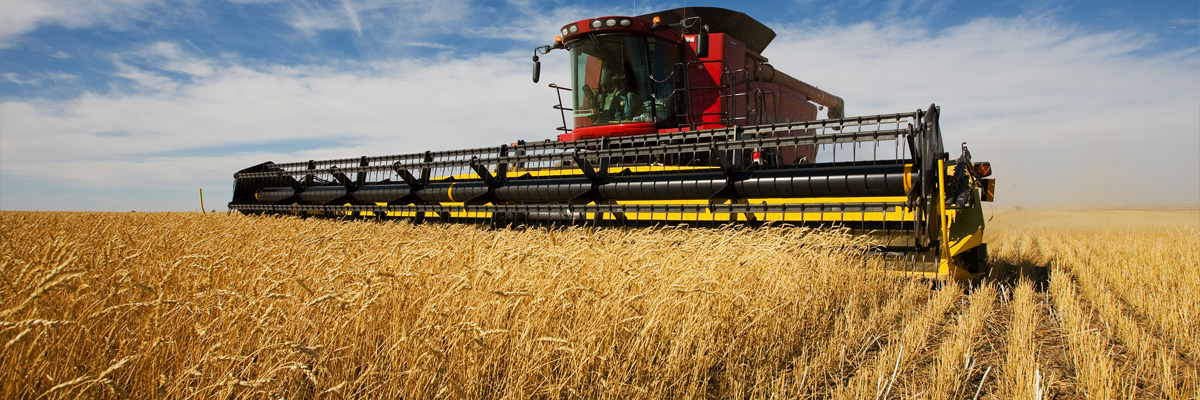We have deliberately avoided the traditional audit approach and our trained assessors, both from suppliers and Waitrose, engage with each farmer to fully understand how future challenges can be faced.
The assessment is bi-annual and takes one day to complete.The first version covered 1,000 farms around the world. The new version, launched in 2013, will cover the same subject matter but ask for greater detail. This approach has been welcomed by suppliers and growers alike.
Its success is linked to the information provided on this portal and the comprehensive training package offered to assessors. The Waitrose Agronomy Group monitors the assessment development and data that is forthcoming.
The Waitrose Farm Assesment Report has been created from the results of the Waitrose Farm Assessment version 1, we have gained a clear idea of future challenges. To address these we are working closely with academic partners to identify development opportunities and long-term solutions.
Soil, Water and Biodiversity
No subject can be seen in isolation and it is important we understand the knock-on effects of making changes to any ecosystem component and total value within the ecosystem of any change made.The UK sources food from many countries and environments and we need to engage with science and practice that takes account of particular country-specific and environmentally sensitive issues. We view this area as vital to the long-term sustainability of an individual farm and within the Waitrose Farm Assessment, these are the most misunderstood and often neglected issues. Despite this, there are some excellent examples of good practice and you will find these described on the supplier and collaborating researcher pages.
Crop Nutrition and Production
One major concern is reducing the use of man-made fertilisers. These are costly in energy and in financial terms and in some cases in very short supply. They are potentially the source of much diffuse pollution, a massive problem in agriculture and the source of greenhouse gas emissions, an enormous global problem. Therefore strategies to accomplish this within a diverse growing system are a top priority.
Secondly, while the use of pesticides in the food production business has been enormously beneficial to food production, their use is not without its problems. We have made a high priority of establishing good practice in use, handling, disposal and storage of pesticides, but recognise we need to drive still further the optimisation or reduction of usage. This will involve the development of a robust system to demonstrate that integrated crop management is a success.An example of how bees and pollinators aid production and fruit quality at Tuesley Farm.


